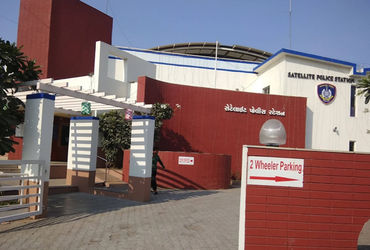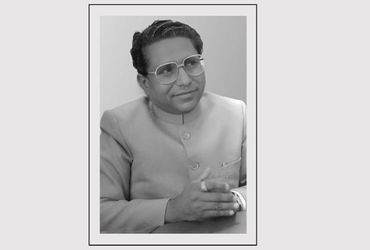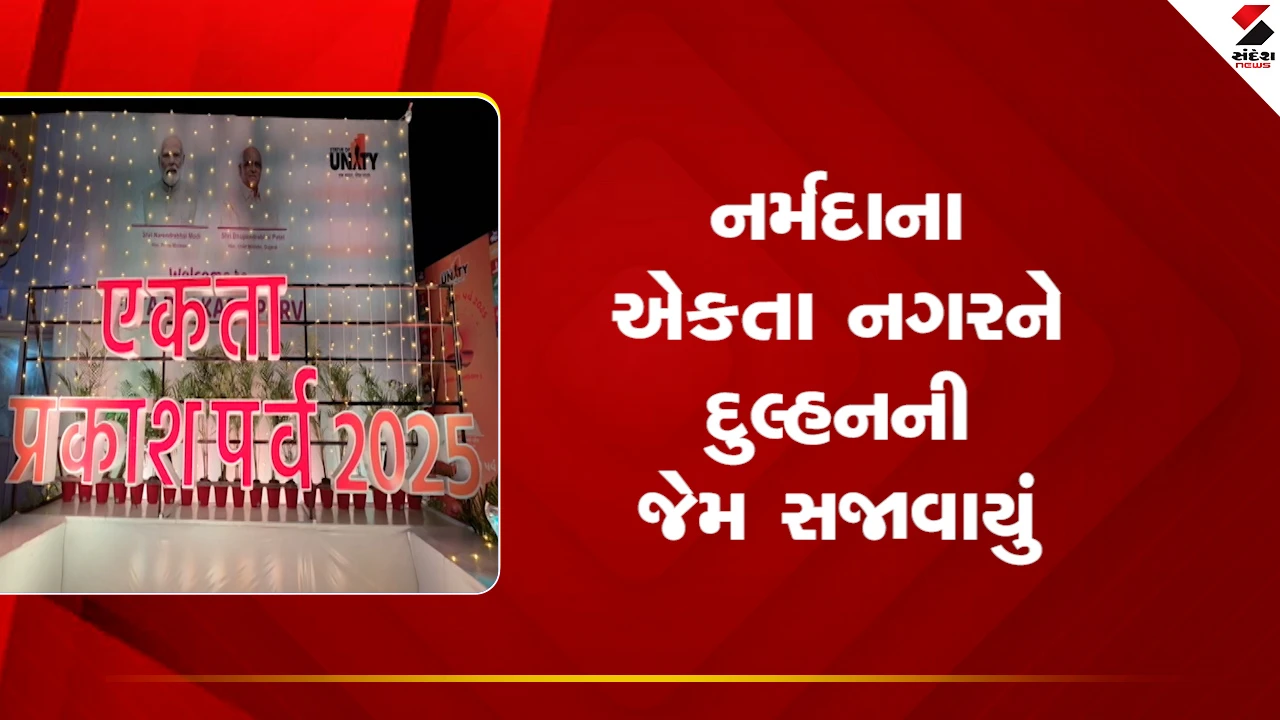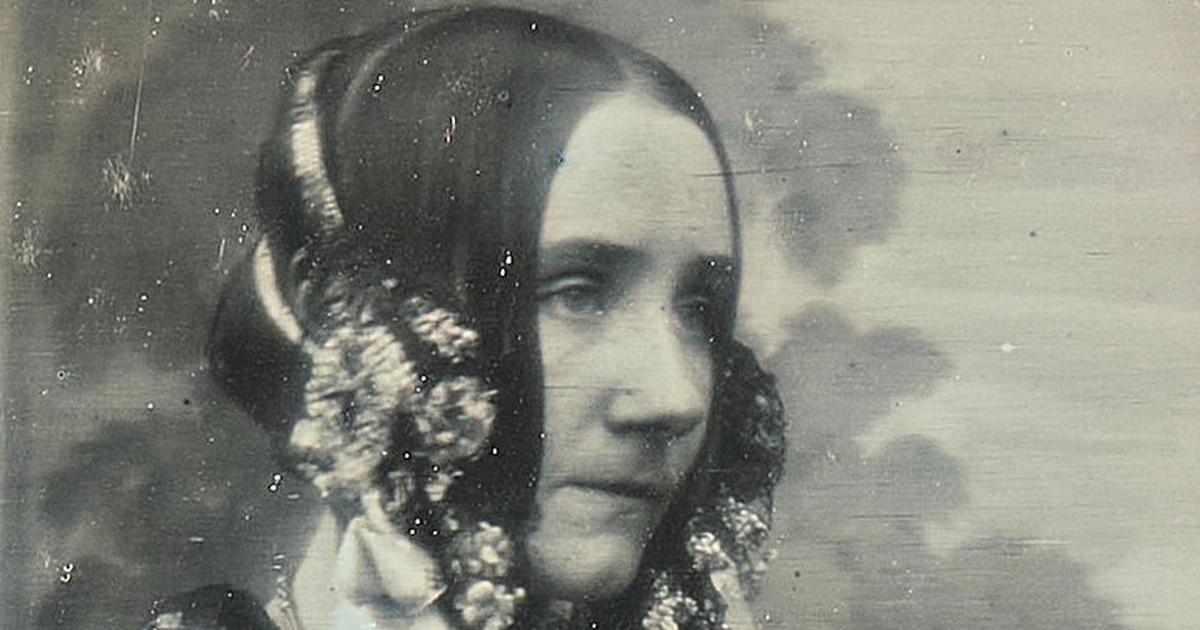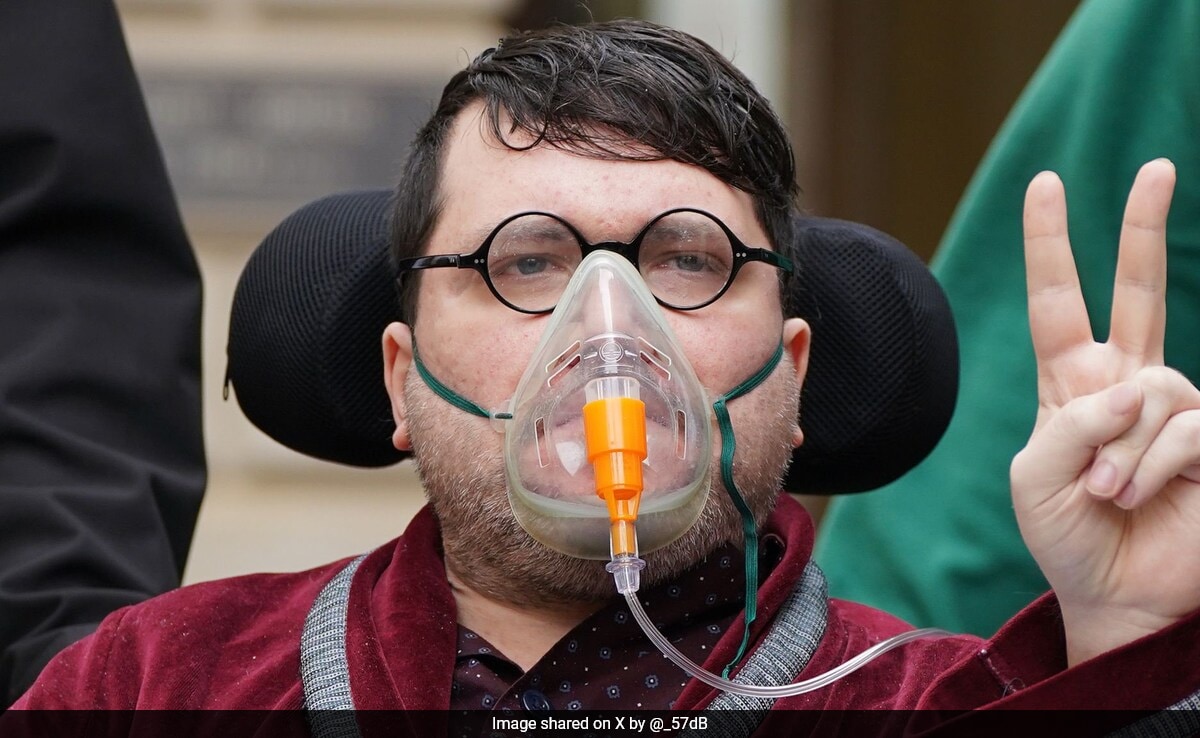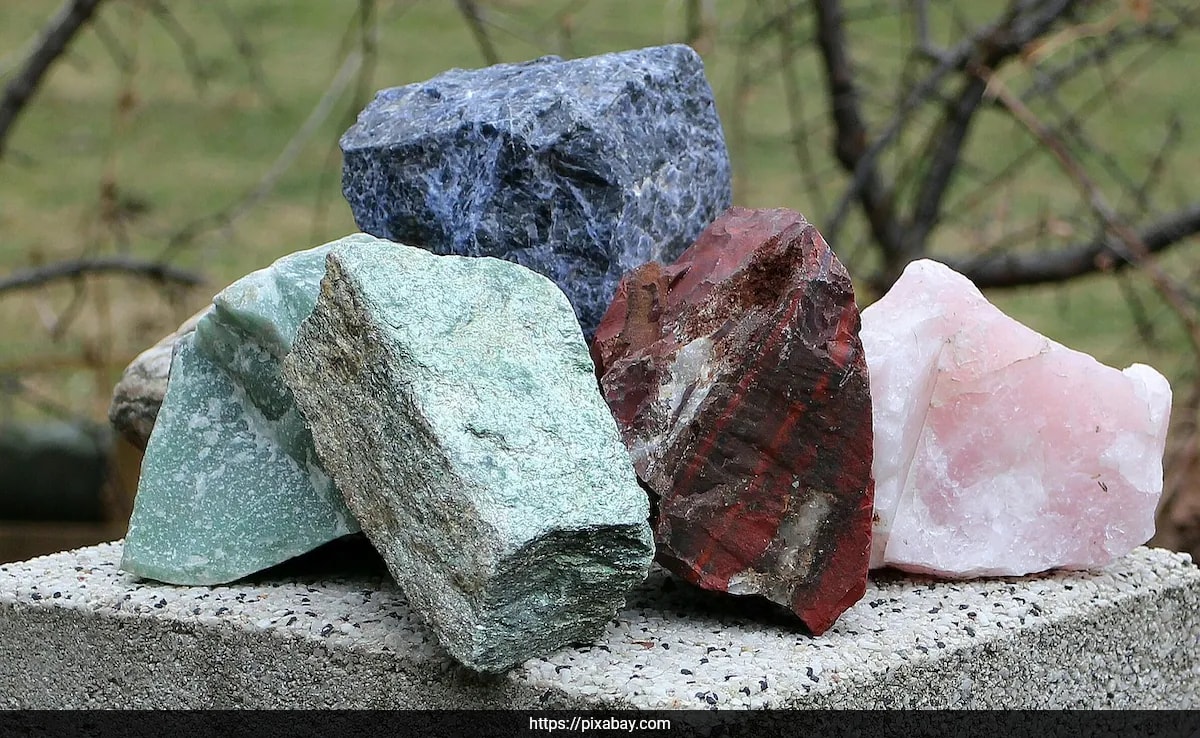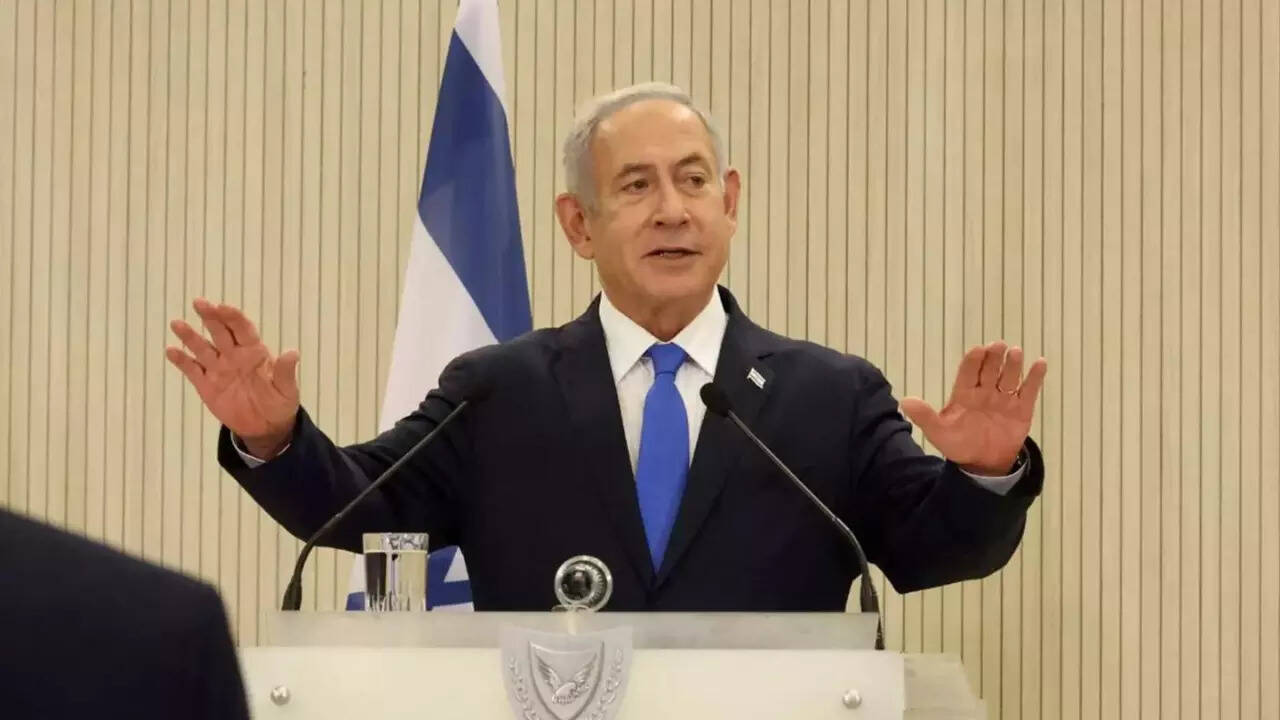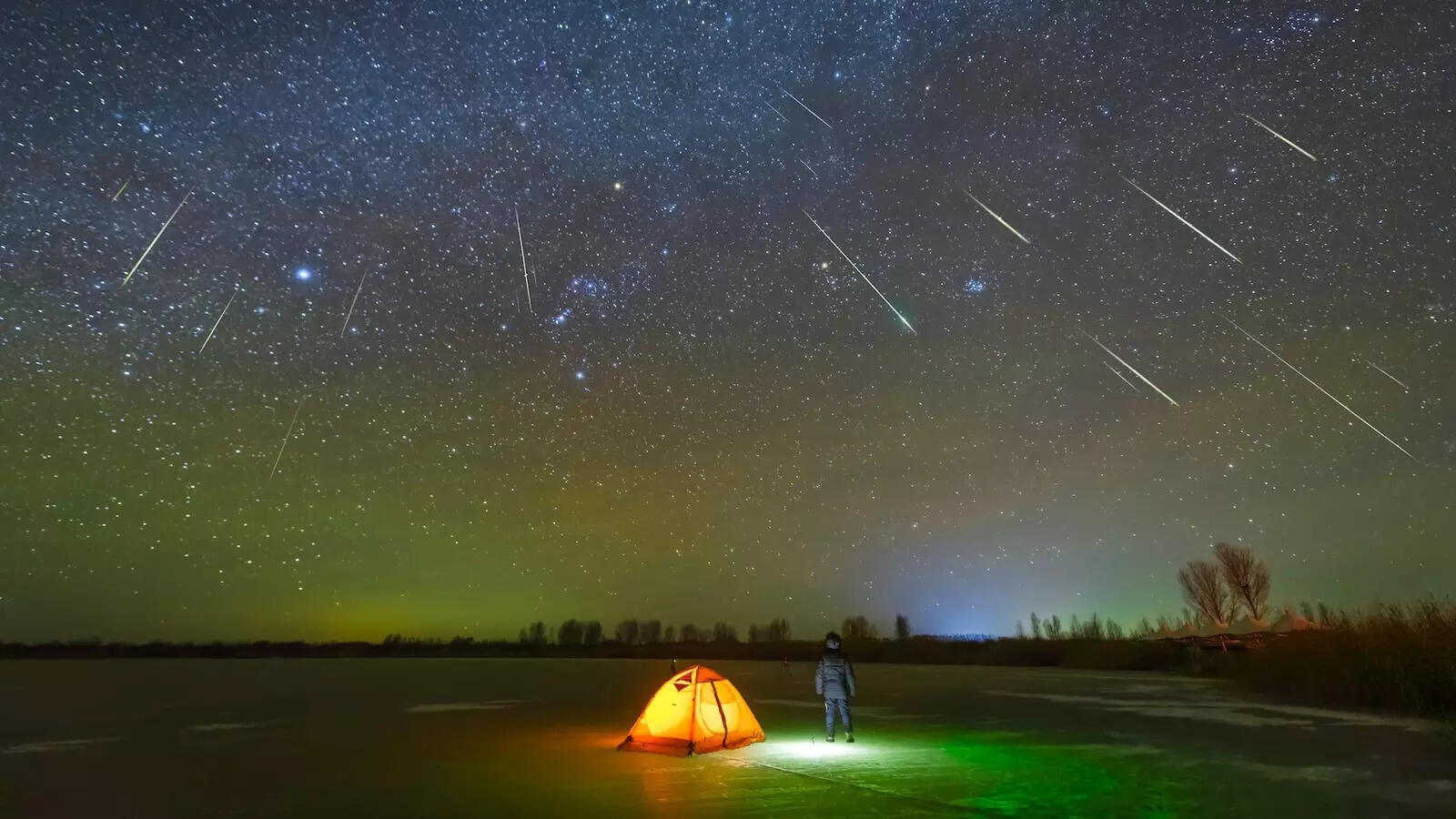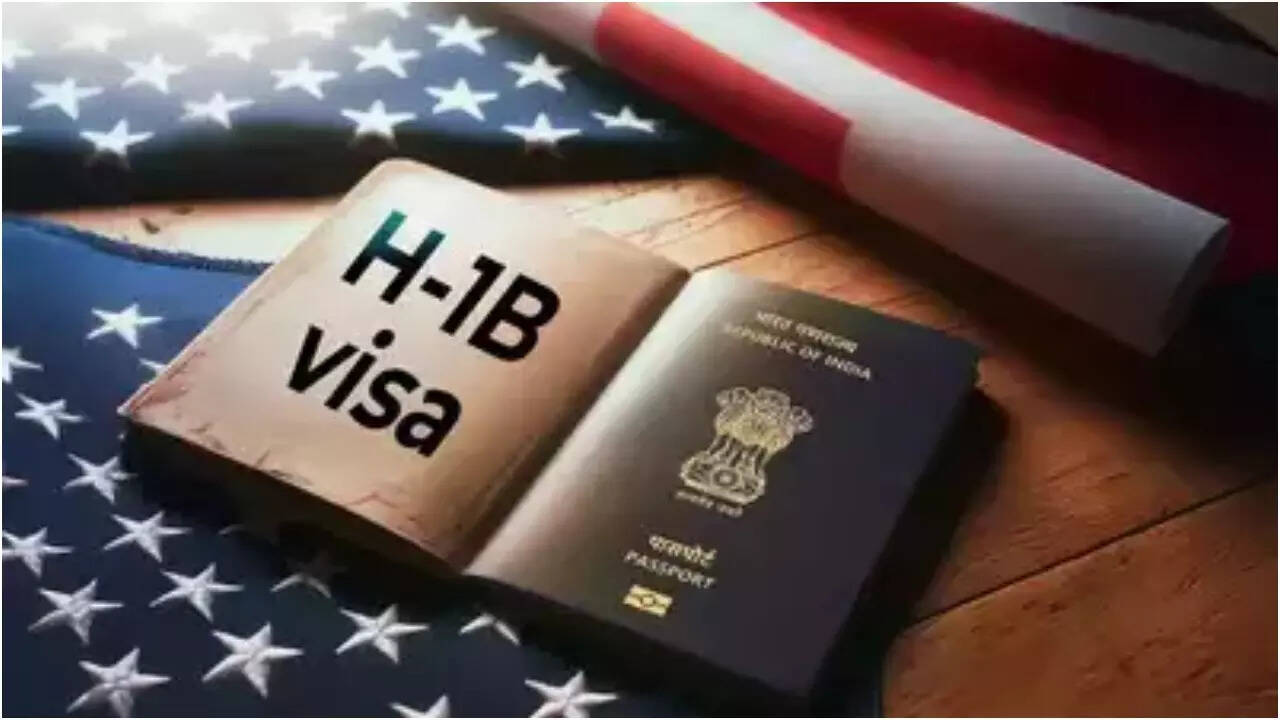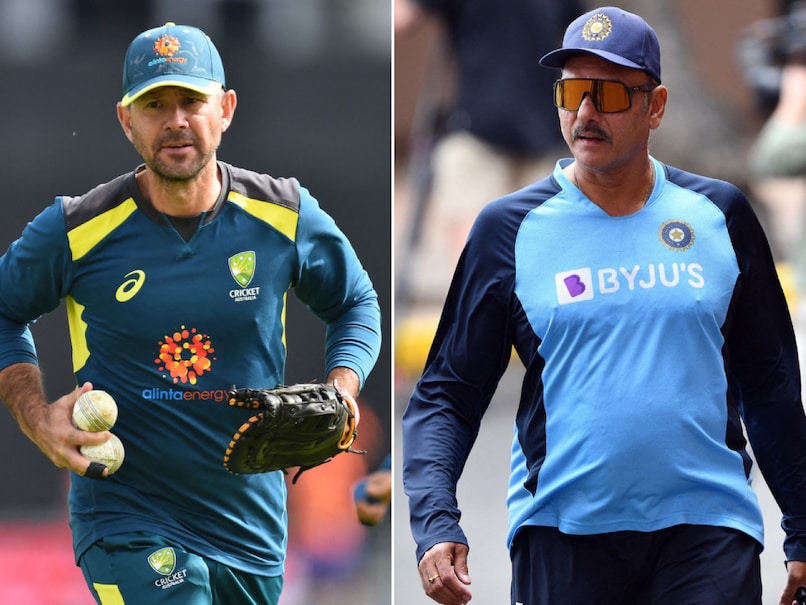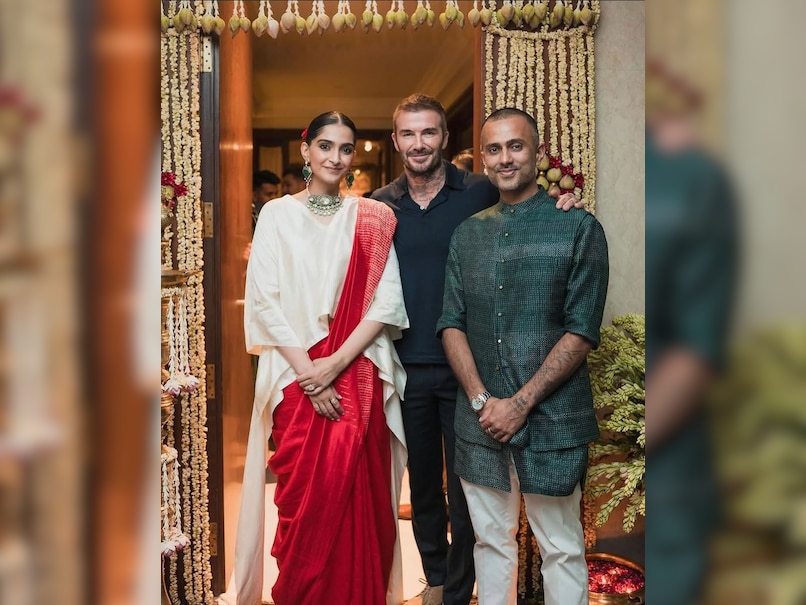Why newly-independent India barred an official from accepting a Cuban honour

Join our WhatsApp Community to receive travel deals, free stays, and special offers!
- Join Now -
Join our WhatsApp Community to receive travel deals, free stays, and special offers!
- Join Now -

In June 1948, Ashfaque Husain, a senior bureaucrat in India’s Ministry of Education, received an unexpected letter from Havana: he was being awarded a state honour by the Cuban government.
“I have the honour to inform you that the National Council of the Order of Merit ‘Carlos Manuel de Céspedes’ has, by a decree dated 18th April, been pleased to confer on you...,” Cuban Under Secretary of State Augel Solanos wrote in the letter.
The Cuban official asked Husain to accept the honour by filling out a printed form sent with the letter. “In congratulating you on the well earned distinction conferred on you, I avail myself of the opportunity to offer you the assurances of my high consideration,” he wrote in bureaucratese.
For Havana, the award carried immense importance. It was named after Cuba’s most revered figure, Carlos Manuel de Céspedes del Castillo – the revolutionary who, in 1868, made the first declaration of Cuban independence from Spain.
At the time Husain received the letter, India – freed from British rule just months earlier – did not even have formal diplomatic relations with Cuba. But what it did have was Cuba’s gratitude.
At a session of the UNESCO General Conference in Mexico City in November 1947, India had supported...
Read more
What's Your Reaction?
 Like
0
Like
0
 Dislike
0
Dislike
0
 Love
0
Love
0
 Funny
0
Funny
0
 Angry
0
Angry
0
 Sad
0
Sad
0
 Wow
0
Wow
0


